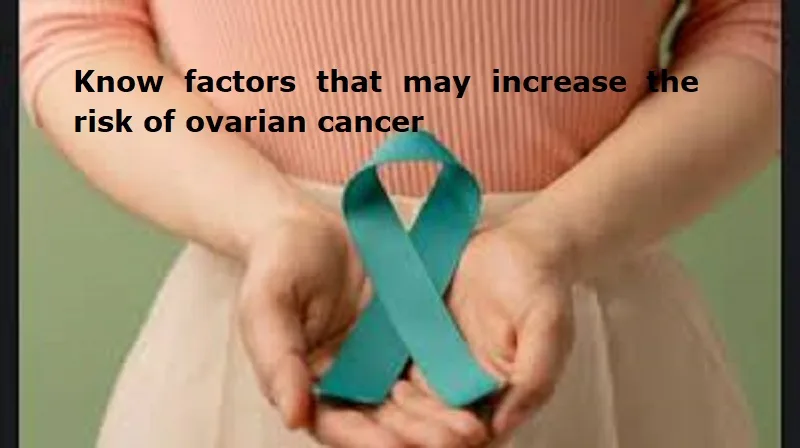
Ovarian cancer is often called a “silent killer” because its symptoms are vague and can easily be mistaken for other common conditions.
Factors that may increase the risk of ovarian cancer
1. Family history of ovarian or breast cancer
If you have close relatives especially a mother, sister, or daughter who have had ovarian or breast cancer, your risk of developing ovarian cancer increases. This is often due to inherited mutations which are linked to both breast and ovarian cancers. Women who carry these gene mutations have a much higher lifetime risk and may need genetic counselling and more intensive monitoring.
2. Age
The risk of ovarian cancer increases with age, particularly after the age of 50. Most cases are diagnosed in women over 60. After menopause, hormonal changes and the cumulative exposure to environmental and biological risk factors may increase susceptibility to cellular changes in the ovaries.
3. Inherited genetic mutations
Mutations in genes and those related to Lynch syndrome significantly increase the risk of ovarian cancer. These genetic changes can be passed down through families and impair the body’s ability to repair damaged DNA, allowing cancer cells to grow unchecked.
Also Read: Anaemia in pregnancy linked to higher risk of congenital heart defects in child
4. Endometriosis
Women with endometriosis, a condition where the tissue similar to the uterine lining grows outside the uterus, have a higher risk of developing certain types of ovarian cancer. Chronic inflammation and hormonal imbalances may contribute to this risk.
5. Never having been pregnant
Women who have never had children are at a slightly higher risk of ovarian cancer. Pregnancy and breastfeeding reduce the number of times a woman ovulates in her lifetime, and fewer ovulations are thought to lower the risk of DNA damage in ovarian cells.
6. Hormone replacement therapy (HRT)
Long-term use of oestrogen-only hormone replacement therapy, especially when not balanced with progesterone, has been linked to an increased risk of ovarian cancer. This therapy is often used to manage menopausal symptoms, but it should be discussed carefully with a healthcare provider.
7. Obesity
Being overweight or obese, especially in early adulthood, has been associated with a higher risk of developing ovarian cancer. Fat tissue can produce excess oestrogen, and this hormonal imbalance may stimulate the growth of abnormal cells in the ovaries over time.
8. Smoking
Smoking has been linked to an increased risk of ovarian cancer, a specific subtype of the disease. Tobacco toxins can affect cellular DNA and encourage mutations, while also contributing to a general inflammatory environment in the body.

Post Your Comments